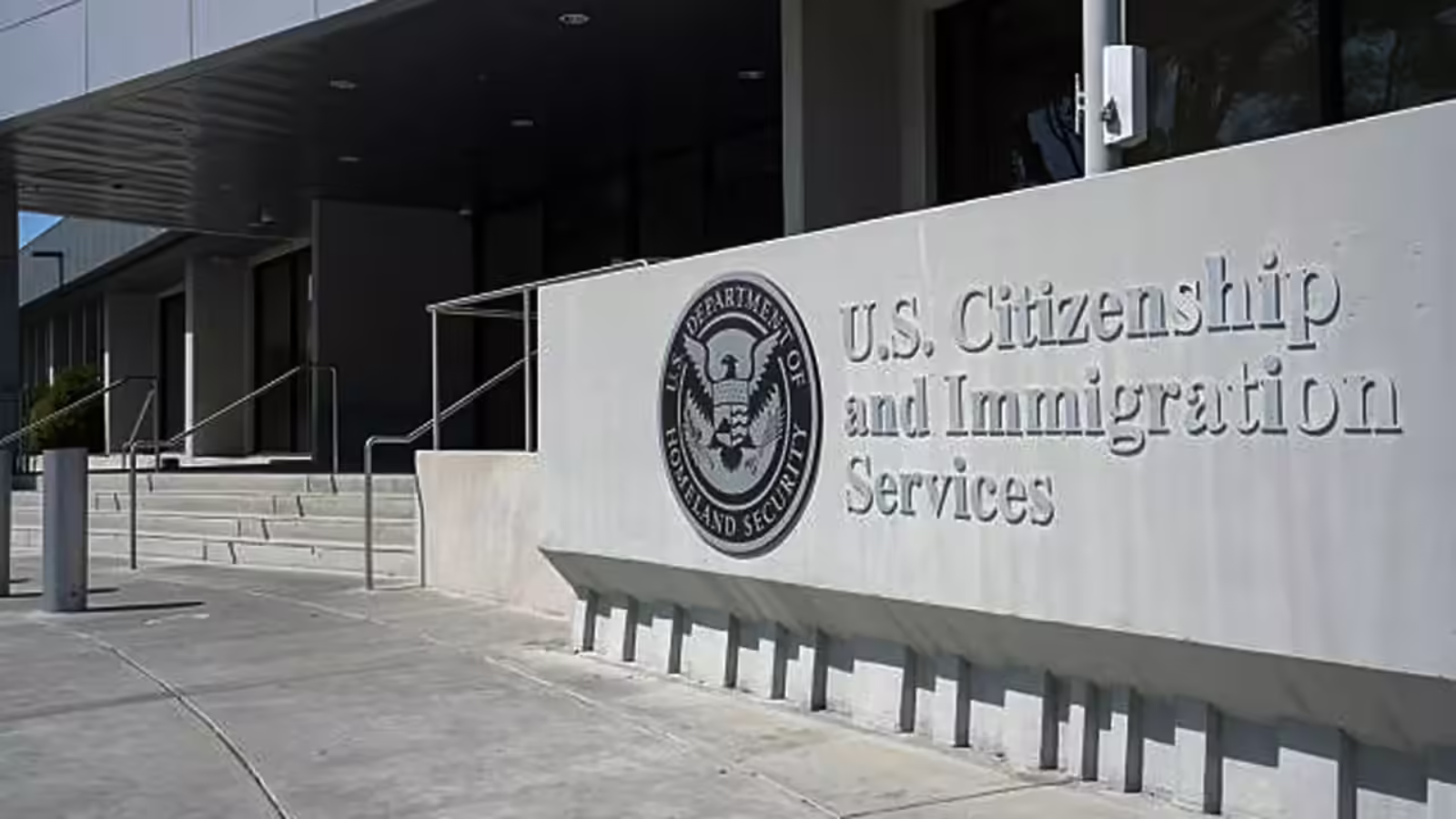US Ends Automatic Work Permit Renewal For Migrants, Indians Could Be Affected
The US Department of Homeland Security has announced a new interim rule ending the automatic extension of Employment Authorisation Documents (EAD) for migrant workers . This move will affect thousands of foreign employees, including Indians, who form a significant part of the US expatriate workforce.
According to the department, "Aliens who file to renew their EAD on or after Oct. 30, 2025 (Thursday), will no longer receive an automatic extension of their EAD." Existing EADs automatically extended before October 30 will remain unaffected.
The new rule introduces more thorough vetting and screening processes to protect public safety and national security, the Trump administration said.
Previously, under the Biden administration, immigrants could continue working in the US for up to 540 days after their EAD expired, provided:
"There are limited exceptions to this rule, including extensions provided by law or through a Federal Register notice for TPS-related employment documentation," the Department of Homeland Security statement read.
The US government said the change will allow US Citizenship and Immigration Services ( USCIS ) to better deter fraud and identify individuals with potentially harmful intent.
Calling the measure "common sense," USCIS Director Joseph Edlow said working in the US is a "privilege, not a right."
The USCIS advised immigrants to apply for EAD renewal up to 180 days before the current document expires. "The longer an alien waits to file an EAD renewal application, the more likely it is that they may experience a temporary lapse in their employment authorisation or documentation," the statement added.
Who Needs an EAD?
An EAD (Form I-766) proves that an individual is legally authorised to work in the US for a specific period.
H-1B Visa Update
In September, the Trump administration increased the H-1B visa fee to $100,000 (over Rs 88 lakh) to ensure only "highly skilled" workers enter the US without replacing American employees. "We need workers. We need great workers, and this pretty much ensures that's what is going to happen," he said.
This fee does not apply to those already in the US changing their visa status, such as F-1 students transitioning to H-1B visas.
Additionally, Florida Governor Ron DeSantis has directed universities nationwide to prioritise hiring American workers, ending the practice of importing foreign employees on H-1B visas.

According to the department, "Aliens who file to renew their EAD on or after Oct. 30, 2025 (Thursday), will no longer receive an automatic extension of their EAD." Existing EADs automatically extended before October 30 will remain unaffected.
The new rule introduces more thorough vetting and screening processes to protect public safety and national security, the Trump administration said.
Previously, under the Biden administration, immigrants could continue working in the US for up to 540 days after their EAD expired, provided:
- The renewal application was filed on time
- Their EAD category qualified for automatic extension
- The category on the current EAD matched the "Eligibility Category" or "Class Requested" on the receipt notice
"There are limited exceptions to this rule, including extensions provided by law or through a Federal Register notice for TPS-related employment documentation," the Department of Homeland Security statement read.
The US government said the change will allow US Citizenship and Immigration Services ( USCIS ) to better deter fraud and identify individuals with potentially harmful intent.
Calling the measure "common sense," USCIS Director Joseph Edlow said working in the US is a "privilege, not a right."
The USCIS advised immigrants to apply for EAD renewal up to 180 days before the current document expires. "The longer an alien waits to file an EAD renewal application, the more likely it is that they may experience a temporary lapse in their employment authorisation or documentation," the statement added.
Who Needs an EAD?
An EAD (Form I-766) proves that an individual is legally authorised to work in the US for a specific period.
- Permanent residents do not need an EAD, as a Green Card (Form I-551) serves as proof of employment eligibility.
- Non-immigrant visa holders, including H-1B, L-1B, O, or P visa holders, do not require an EAD.
H-1B Visa Update
In September, the Trump administration increased the H-1B visa fee to $100,000 (over Rs 88 lakh) to ensure only "highly skilled" workers enter the US without replacing American employees. "We need workers. We need great workers, and this pretty much ensures that's what is going to happen," he said.
This fee does not apply to those already in the US changing their visa status, such as F-1 students transitioning to H-1B visas.
Additionally, Florida Governor Ron DeSantis has directed universities nationwide to prioritise hiring American workers, ending the practice of importing foreign employees on H-1B visas.
Next Story